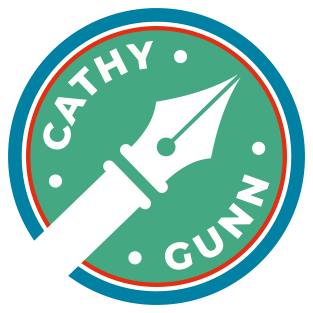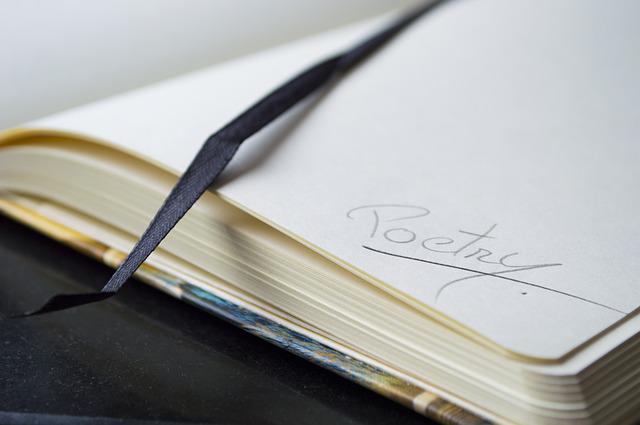Who or what am I?
Who doesn’t like a puzzle, riddle, or a crossword? Riddles have engaged our minds since ancient Babylonian writings and early Sanskrit poetic riddles, Greek myths, and Biblical stories – all the way through recorded time to modern examples. In and out of literary fashion, over the years, their verse form too has never really gone away. Verse riddles or puzzle poems are particularly fun to write; and satisfying to work out who or what is hiding within the words. Here’s a fairly simple attempt, of the ‘who or what am I’ sort:
Greetings, Stranger
I am hail fellow, well met,
I will see you on your way.
Permissive, obstructive, I
vaccillate. Promiscuous,
my views swing and alter. I
need others’ help in deciding
when an issue is open
or should now come to its close –
then am staunch, though sensitive
to how the wind blows. Rain
makes me stick in my ways, grow
reluctant to budge. Summer
days crack me up. Breeziness
rattles me slightly. I have
no opinions, yet all say
my key role is keeping the
cold, and unwelcome, at bay.
So many myths and stories, writers, artists, and photographers, love a door and the secrets and puzzles it may guard until we stumble through it: doors to keep things in, doors to keep things out, tiny doors, strange doors that should not be opened on pain of something fearful happening, massive doors and gates to cities, or portals that lead to other worlds, and underworlds. Where would we be without them! That puzzle poem, which I wrote as an exercise during a recent Faber poetry course, came knocking at my memory again when I caught a trailer for a radio talk about the history of doors.
With doors back on my mind, I did a little digging of my own and soon found that their earliest known creative representations are the ones in Ancient Egyptian tomb paintings. What serendipity – how much my fictional character, artist Felix in Felix Unbound would approve, and on several levels; although of course with his history, he might have know this passing detail all along.
Here, in my small world, an old key shaped like a pierced cartouche – though not an ancient Egyptian object but a nineteenth century British one – is a small but evocative piece of family memorabilia on my desk, that has somehow survived a few generations’ moves and clearouts. I don’t know why it was kept at each stage, and perhaps the reasons changed each time as it moved further and further from the physical door it had once opened, but the key’s pleasing form and sheer tenacity lend it some mystery, and accrued magnetism, now.
But all that’s another story – and a portal to a different poem.

